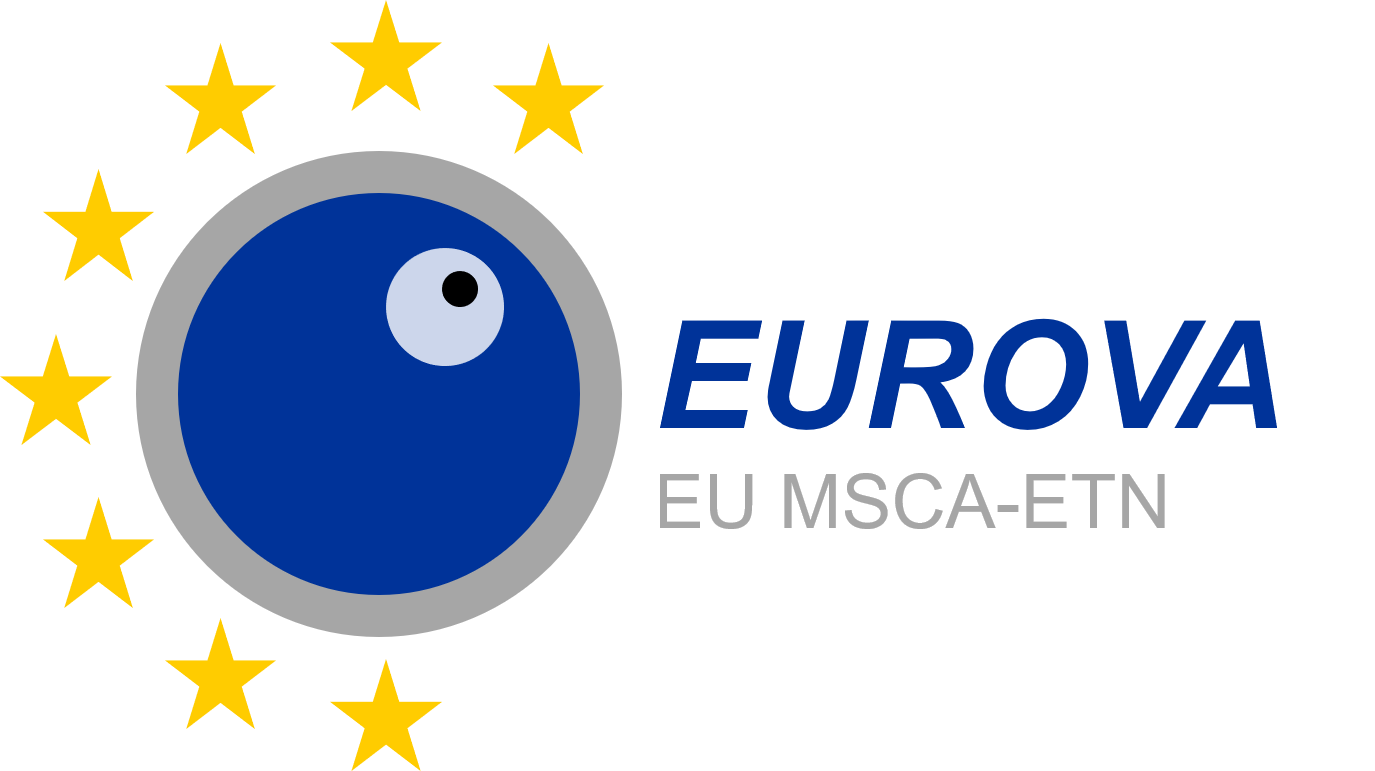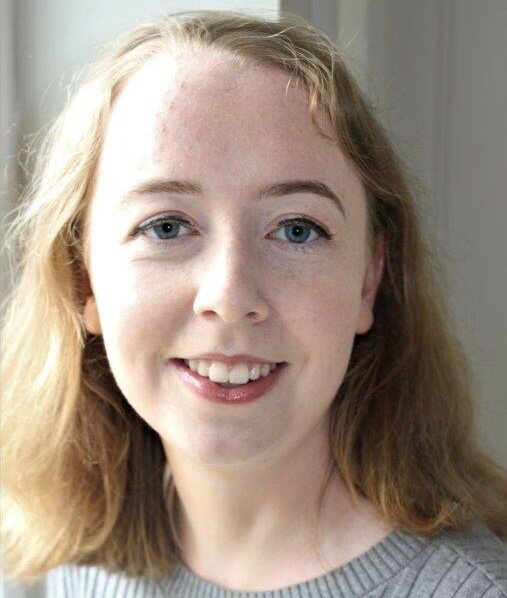Ms. Leah McHugh
ESR 5
Supervisor: Dr Gavin Kelsey
Project: Impact of the sub-cortical maternal complex on epigenetic programming of oocytes
Planned secondments: University College Dublin (3 months) & Vrije Universiteit Brussel (3 months)
Email: leah.mchugh@babraham.ac.uk
My name is Leah McHugh, from Ireland. I studied a B.A. in Genetics at Trinity College Dublin. During the final year of my undergraduate degree, I pursued a short internship at an IVF Clinic in Dublin, where I became interested in the intersection between the fields of genetics and embryology. I acquired an M.Sc. in Embryology at the University of Oxford, where my thesis project focused on the role of mitophagy in mitochondrial DNA transmission. Following my M.Sc., I worked as a research assistant and junior clinical embryologist at the Cleveland Clinic, United States, where I gained a strong appreciation for translational research. I’m very excited to join EUROVA, as it presents the ideal opportunity to further develop my skills as a researcher and apply my scientific education and clinical training.
My project focuses on the impact of the sub-cortical maternal complex (SMC) on epigenetic programming of oocytes. The SMC is a multi-protein complex found in the mammalian oocyte. It orchestrates a number of essential cellular processes during the oocyte-to-embryo transition, such as spindle formation, chromosome alignment, and symmetric cell division in the early embryo. Mutations in genes coding for SMC proteins have been shown to result in developmental abnormalities, such as early embryonic arrest, and various syndromes caused by defective imprinting. This defective imprinting can present itself as either multilocus imprinting disturbance, or loss of imprinting at specific loci. Under the supervision of Dr. Gavin Kelsey at the Babraham Institute, I will be investigating whether defects in the SMC cause failures in methylation establishment in oocytes, or in methylation maintenance in the early embryo, what genomic features are most susceptible, and what mechanisms are responsible.
A comparative loss of function analysis will be carried out in bovine oocytes with Professor Lonergan at University College Dublin (Dublin, Ireland), and an investigation into the implications of the project findings on human Assisted Reproduction Technology (ART) will be performed in collaboration with Professor Anckaert at Vrije Universiteit Brussel (Brussels, Belgium).

